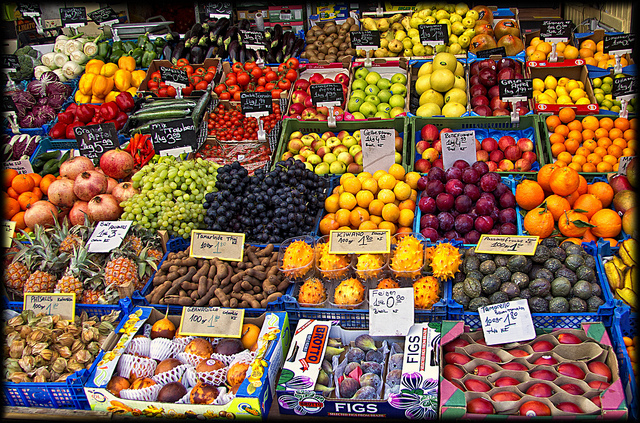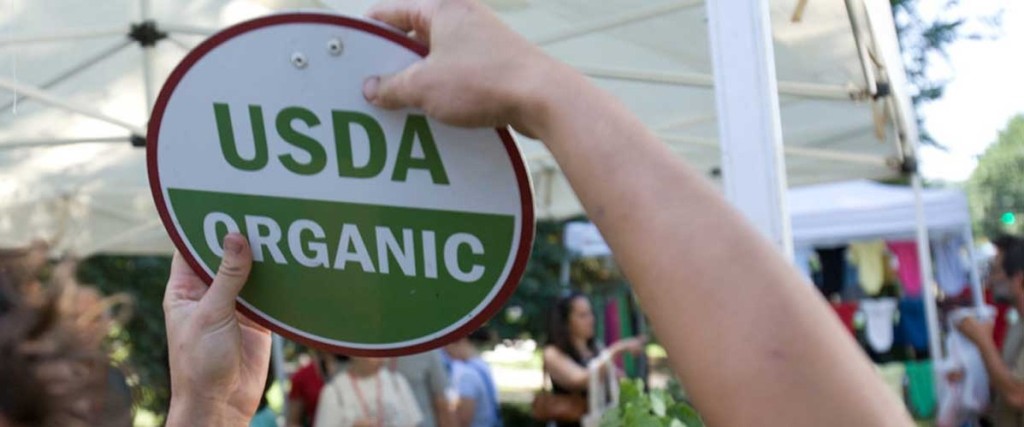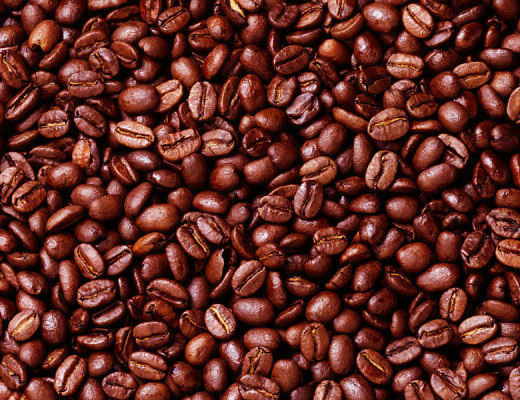Everyone’s heard about it. A lot of us have tried it. Few of us actually swear by it. I’m talking about organic produce. Is organic food worth it?
Organic produce is synonymous with those über expensive apples is meant to be 100% pure. But in reality, they actually aren’t any more nutritious than “normal” produce. So what makes an organic apple organic?
Basically, organic food is grown without any chemicals while conventional crops are. Generally these chemicals come in the form of pesticides. Now, don’t get me wrong, I’m not advocating the consumption of chemicals but would pesticides really be used on crops if they were deadly? Farmers need their customers to stay alive and healthy, and it’s almost a thin line between preventing the diseases and germs from pests but preventing the effects of the pesticides themselves. Perhaps they need alternative advice from companies like Pest Control Experts who deal with this on the daily! That’s just basic economic and market theory (is my inner business student showing yet?).
Also, the term organic was first used before WWII, when pesticides were brand new and being used to kill insects and rodents. Since then, pesticides have obviously come a long way and are 10x safer. Only a small handful (like a toddler-handful) of studies indicate that pesticides could be harmful to pregnant women and small kids; but in generally, a normal adult should be more than fine.
Then there’s the whole question of price. Organic food tends to be more expensive because it’s more labour intensive to grow and certifications can be more difficult to acquire. This leaves the consumer paying a lot more for the same product depending on whether it’s organic or not. Personally, while I’m surviving on a student budget, I’m more than happy to get my mangos from the fruit cart on the corner (5 apples for $3, yes please) rather than in an upscale health food store (1 apple for $2, no thank you). If you want to know more about the pricing of organic food, you should check out this article on nationalgeographic.com.
From a supermarket’s point of view, organic also isn’t that great since the lack of preservatives leads to a shorter shelf life. That being said, I do get a little alarmed by anything that has a shelf life of two years or more *coughTwinkiescough* but I don’t mind if my orange lasts a bit longer thanks to some non-organic growing.
 Also, some claim that eating organic can lower your cancer risk. But studies show that eating organic actually has no effect on cancer risks what so ever.
Also, some claim that eating organic can lower your cancer risk. But studies show that eating organic actually has no effect on cancer risks what so ever.
Lastly, don’t confuse organic with fresh. Some grapes from a farm-side fruit stand are almost always going to be much fresher than any organic or “in”organic grapes that have been shipped cross-country.
All this being said though, I do sometimes veer towards the nice organic looking tomatoes vs. the too-perfect huge red ones. But I will also happily eat “mainstream” produce (ie. pre-cut iceberg lettuce… yes, I’m a corner-cutter).
PS. No matter what produce you buy, please wash it before it goes anywhere near your mouth. Who knows what kind of animal might have tinkled on it. 🙂
What do you think? Do you swear by organic produce or are you kinda over it too?
* Featured image from here *
** edit note: GMO’s are a whole different story, but in this article, I was focusing mostly on the all-organic culture as a whole **






It’s not just pesticides…organic (and 100% natural, as a cheaper route) produce also avoids genetically modified crops. While there hasn’t been too much conclusive evidence on GMOs and cancer risk/health, it’s also important to note that the methods of genetic modification are changing constantly, so a new technique to modify the shelf life of corn may only be three years old (not enough for a conclusive study). Also this is just personal, but I often find organic apples to be consistently tastier and crunchier (but maybe that’s just because of where I shop).
Also economic theory is a silly justification for the safety of foods. According to the theories you’re relying on, while a producer would want to make sure their consumers don’t die, they technically wouldn’t be concerned about the consumers quality of life, as long as it doesn’t directly impair them from continuing to purchase their product.
As a college student on a budget, though, I do understand the need to cut corners, and sometimes the luxury of organic produce and Whole Foods shopping just isn’t worth it. That’s why I generally only really check to make sure the crops I buy aren’t genetically modified.
You do totally have a point Kenny. I’ll admit I didn’t think of that and feel differently towards GMOs (good idea for another post!).
Pesticides are horrible for the environment and for the people applying them to the crops. The farm workers are basically enduring high levels of radiation so that those crops grow faster, and they don’t have any other job options so they can’t quit because of it. The chemicals also stunt the growth of the soil, so that most of the nutrients in the soil run out faster than they would without the pesticides, and this can ruin the viability of a field for sometimes hundreds of years while the soil resets itself and becomes healthy again. Basically, buying non organic food promotes the gradual death of the earth and the people picking your food for you.
[…] writing some posts other than others. This month, I lovvvved writing about breathing out fat and organic food because I learned so much while doing research for them. I also love doing my […]